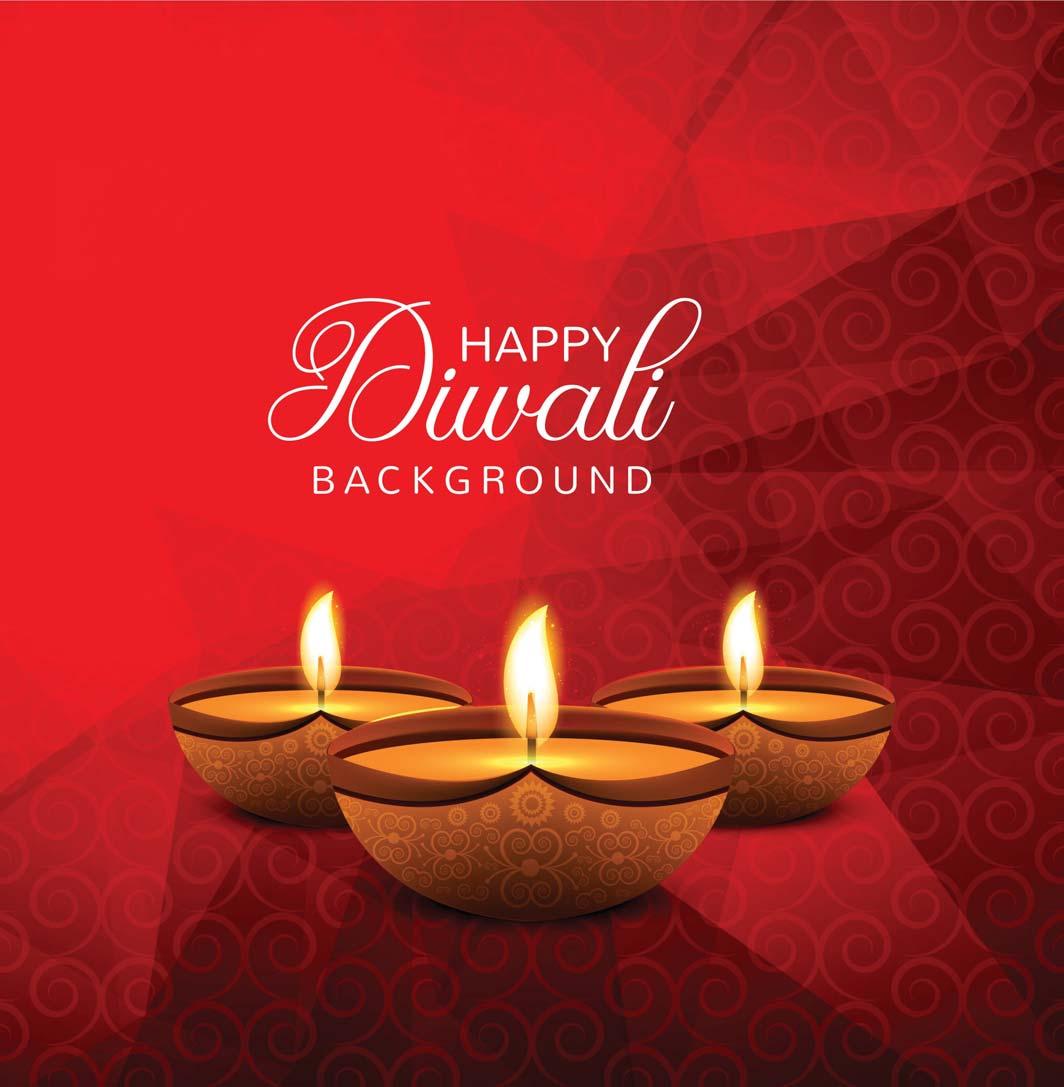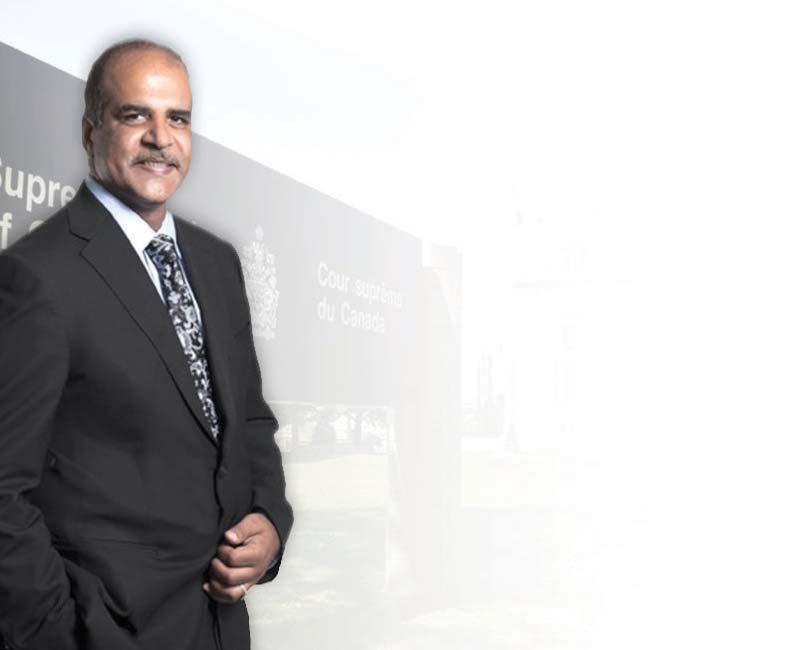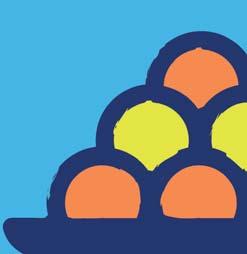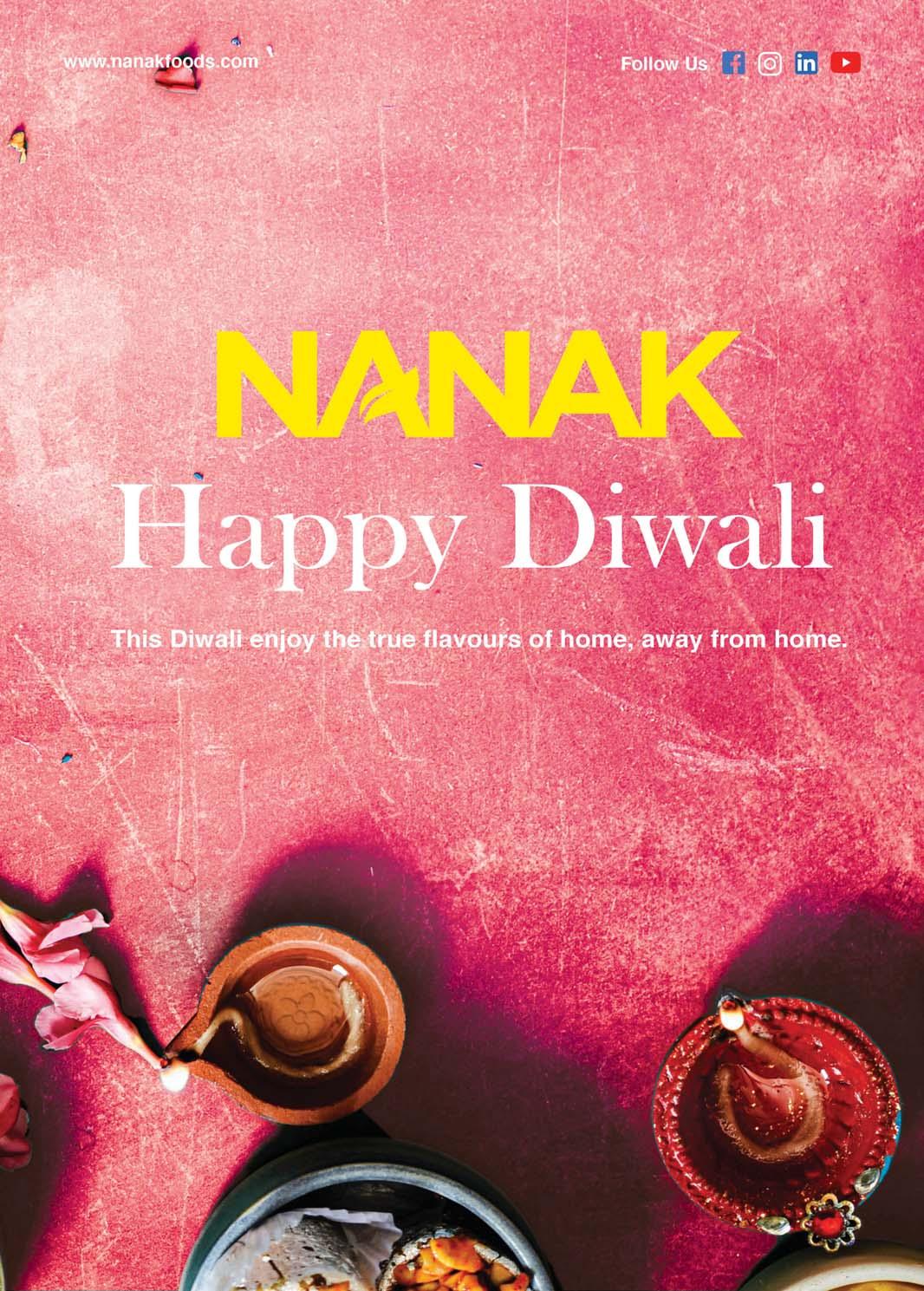Diwali - Festival of Lights
Diwali,




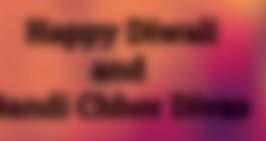
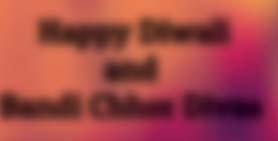










Deepavali or Divali a festival of lights and one of the major festivals celebrated by Hindus, Jains, Sikhs and some Buddhists, notably Newar Buddhists. The festival usually lasts five days and is celebrated during the Hindu lunisolar month Kartika (between mid-October and mid-November).[8][9][10] One of the most popular festivals of Hinduism, Diwali symbolizes the spiritual “victory of light over darkness, good over evil, and knowledge over ignorance”.
The festival is widely associated with Lakshmi, goddess of prosperity, with many other regional traditions connecting the holiday to Sita and Rama, Vishnu, Krishna, Yama, Yami, Durga, Kali, Hanuman,
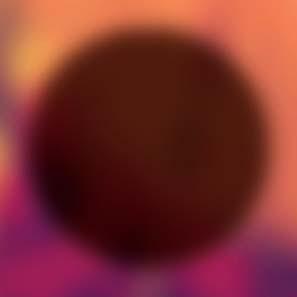

Ganesha, Kubera, Dhanvantari, or Vishvakarman. Furthermore, it is, in some regions, a celebration of the day Lord Rama returned to his kingdom Ayodhya with his wife Sita and his brother Lakshmana after defeating Ravana in Lanka and serving 14 years of exile.



In the lead-up to Diwali, celebrants will prepare by cleaning, renovating, and decorating their homes and workplaces with diyas (oil lamps) and rangolis (colorful art circle patterns).





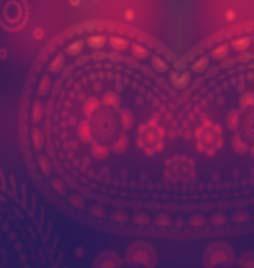
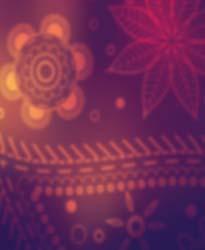



During Diwali, people wear their finest clothes, illuminate the interior and exterior of their homes with diyas and rangoli, perform worship ceremonies of Lakshmi, the goddess of prosperity and wealth, light fireworks, and partake in family feasts, where mithai (sweets) and gifts are shared.
Diwali is also a major cultural event for the Hindu, Sikh and Jain diaspora.













































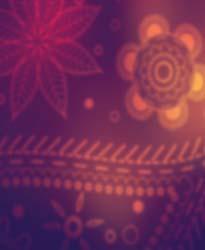

The five-day long festival originated in the Indian subcontinent and is mentioned in early Sanskrit texts. Diwali is usually celebrated twenty days after the Vijayadashami (Dussehra, Dasara, Dasain) festival, with Dhanteras, or the regional equivalent, marking the first day of the festival when celebrants prepare by cleaning their homes and making decorations on the floor, such as rangolis.
The second day is Naraka Chaturdashi. The third day is the day of Lakshmi Puja and the darkest night of the traditional month. In some parts of India, the day after Lakshmi Puja is marked with the Govardhan Puja and Balipratipada (Padwa). Some Hindu communities mark


















the last day as Bhai Dooj or the regional equivalent, which is dedicated to the bond between sister and brother,[22] while other Hindu and Sikh craftsmen communities mark this day as Vishwakarma Puja and observe it by performing maintenance in their work spaces and offering prayers. Some other faiths in India also celebrate their respective festivals alongside Diwali. The Jains observe their own Diwali which marks the final liberation of Mahavira, the Sikhs celebrate Bandi Chhor Divas to mark the release of Guru Hargobind from a Mughal Empire prison, while Newar Buddhists, unlike other Buddhists, celebrate Diwali by worshipping Lakshmi, while the Hindus of Eastern India and Bangladesh generally celebrate Diwali, by worshipping goddess Kali.

Premier John Horgan and your MLAs wish you a
Happy Diwali and Bandi Chhor DivasHarry Bains, MLA Surrey-Newton Sheila Malcolmson, MLA Nanaimo Lana Popham, MLA Saanich South Rob Fleming, MLA Victoria-Swan Lake Rachna Singh, MLA Surrey-Green Timbers Raj Chouhan, MLA Burnaby-Edmonds George Chow, MLA Vancouver-Fraserview eorgeChowM Bruce Ralston, MLA Surrey-Whalley George Heyman, MLA Vancouver-Fairview Mike Farnworth, MLA Port Coquitlam keFarnworth M Burnaby-Lougheed Katrina Chen, MLA Garry Begg, MLA Surrey-Guildford Ravi Kahlon, MLA Delta North Pam Alexis, MLA Abbotsford-Mission Pam Alexis MLA Jagrup Brar, MLA Surrey-Fleetwood agrup ML Esquimalt-Metchosin Vancouver-Kingsway Adrian Dix, MLA Vancouver-Point Grey David Eby, MLAid Eby ML Andrew Mercier, MLA Langley d w M Kelli Paddon, MLA Chilliwack-Kent Roly Russell, MLA Boundary-Similkameen Aman Singh, MLA Richmond-Queensborough Mike Starchuk, MLA Surrey-Cloverdale Jennifer Whiteside, MLA New Westminster Henry Yao, MLA Richmond South Centre Vancouver-West End Vancouver-WestEnd Spencer Chandra Herbert, MLA Murray Rankin, MLA Oak Bay-Gordon Head ayR Coquitlam-Maillardville Selina Robinson, MLA Janet Routledge, MLAg, Burnaby North Harwinder Sandhu, MLA Vernon-Monashee Parksville-Qualicum Adam Walker, MLA B C G E U Local 701 Parliament Buildings, Victoria, B.C. V8V 1X4 250-387-3655 manSingh MLA Mitzi Dean, MLA





































Diwali Happy




























Diwali, the festival of lights
Diwali, the festival of lights, marks the time when millions of Hindus, Sikhs and Jains across the world celebrate the triumph of good over evil with beautiful rituals such as festive lights, fireworks, sweet delicacies and family gatherings. We delve into the Diwali story, history and traditions, to find out how Diwali is celebrated and how you can take part in the magical festivities.
What is the story behind Diwali? In one of the main stories in Hindu mythology, Diwali is the day Lord Rama, his wife Sita Devi and brother Lakshmana return to their homeland after 14 years in exile. The villagers lit a path for Rama, who had defeated the demon king Ravana. Reenactments of this story are part of celebrations in some regions. Another Diwali story in Hindu mythology is that Diwali marks the day Lord Krishna defeated the demon Narakasura and freed the people of his kingdom. After he slayed the demon, Lord Krishna declared it a day of festivities.
In some parts of India, people burn effigies of the demon kings in both stories as part of the celebration.
People also celebrate the Hindu Goddess Lakshmi during Diwali. As the goddess of prosperity, wealth and fertility, the romantic Diwali story says that she chose Lord Vishnu, one of Hinduism’s most important deities, to be her husband on the night of Diwali.
In other cultures, Diwali coincides with harvest and new year celebrations. No matter which Diwali story you celebrate, it’s always a day of new beginnings and light
over darkness.
How is Diwali celebrated? The word Diwali comes from the Sanskrit word “deepavali”, which means “rows of lighted lamps”. Households across India celebrate by decorating their space with small lamps called diyas and other colourful lights.
People cover streets and buildings in festive lighting and there are lively songs and dance.
Dazzling fireworks go off, creating a spectacle of noise and light. This helps to scare away evil spirits and celebrate the victory of good over evil.
Many consider Diwali to be a fresh start, similar to the Lunar New Year in January. Many people clean, renovate, decorate their homes and buy new clothes in preparation for the upcoming year.
Diwali is also a time to settle debts and make peace. It’s common for people to reach out to loved ones who may have lost touch and organise family reunions.

In the past, Indian and Pakistani soldiers have exchanged sweets along the disputed border, as a gesture of Diwali goodwill.
If you’ve got a sweet tooth, Diwali is the festival for you. The most delicious tradition is the gifting of mithai (sweets). Friends
and family exchange colourful boxes of Indian delicacies, like pedas, ladoos, jalebis, barfis and dried fruit and chocolates. When is the Diwali festival?
The dates for Diwali change each year, as they are based on the Hindu lunisolar calendar. The festival usually falls between mid-October and mid-November.



How long does the Diwali festival go on for? Diwali lasts for five days. The peak day of celebrations is usually on the third day, which is similar to New Year’s Eve. Brothers and sisters reserve the last day of celebrations to spend time together.

Although the Diwali festival officially lasts for five days, preparations begin well in advance. Fireworks and festivities often last for days afterwards.
Temples are always busy with religious rituals during Diwali, so remember to be respectful and cover yourself inside temples. Avoid taking photos of worshippers.
Diwali is a fun and beautiful time in India, but the widespread celebrations can
affect your travel plans. Many people return to their home villages during the festival, so hotels and public transportation systems fill up quickly.
If you want to visit India during Diwali, you’ll need to book well in advance.
Experiencing Diwali with Trafalgar hand lighting a candle for Diwali celebrations
When you travel to India during Diwali with Trafalgar, we’ll take care of all the details so you can relax and enjoy the magic of the festival of lights.
You’ll experience Diwali in the city of Jaipur. First stop is a local market to see the lamps, fruits, flowers and sweets used in the celebrations, along with the puja items used for traditional worship of deities. You’ll have a front-row seat to this incredible festival, watching how locals light candles, lamps and ornate lanterns.
Later, you’ll join a local family in their home for the Diwali festivities and a traditional dinner. You’ll learn about the Diwali story and take part in the puja sacred ritual and offering to Goddess Lakshmi.

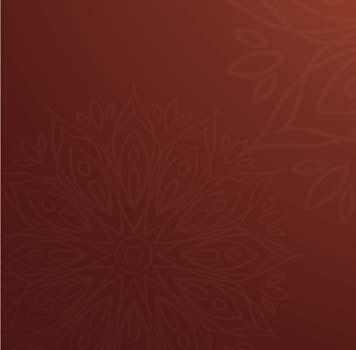

We’ll end the day on a high note, watching the skyline of Jaipur illuminate with a glittering fireworks display.
How to say Happy Diwali
The easiest way to spread some Diwali cheer is by saying “Deepavalee mubarak ho”, meaning “Happy Diwali”. You pronounce it “dee-wall-ee moo-bar-ak ho”.
Do you celebrate Diwali?




What are your favourite Diwali traditions?
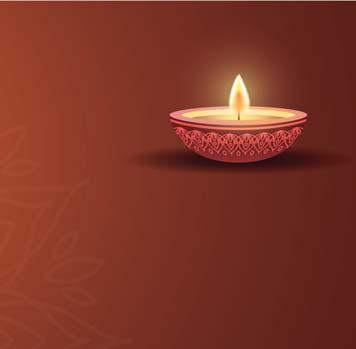
Rt. Hon. Justin Trudeau Papineau








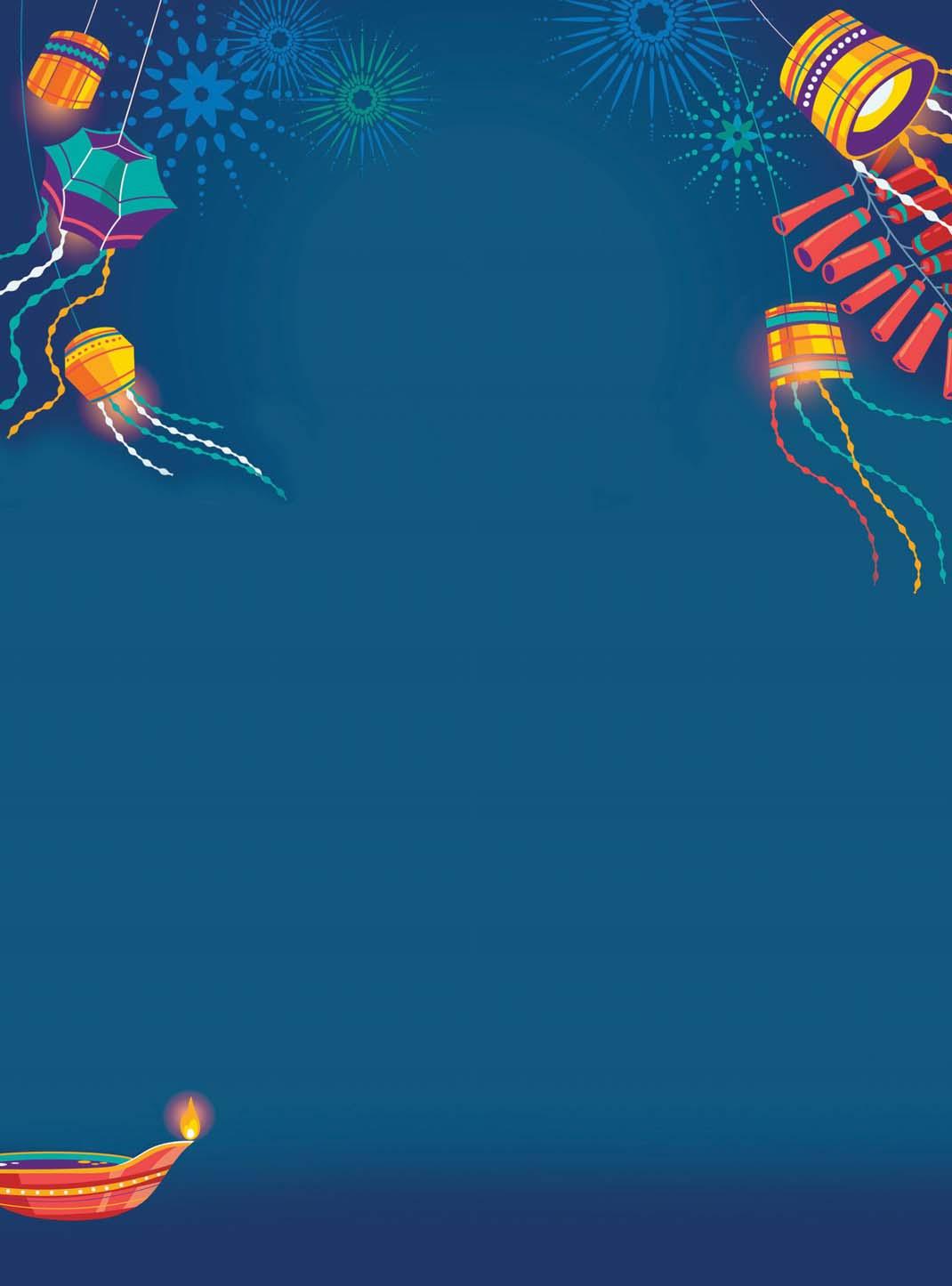









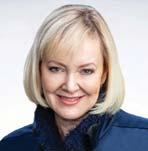







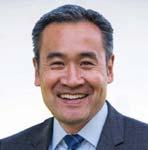















Wishing Everyone
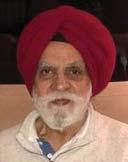

Bringing Together The Very Best of South Asian Businesses Within British Columbia
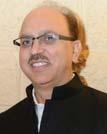

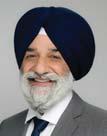







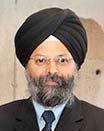






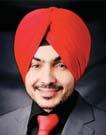
















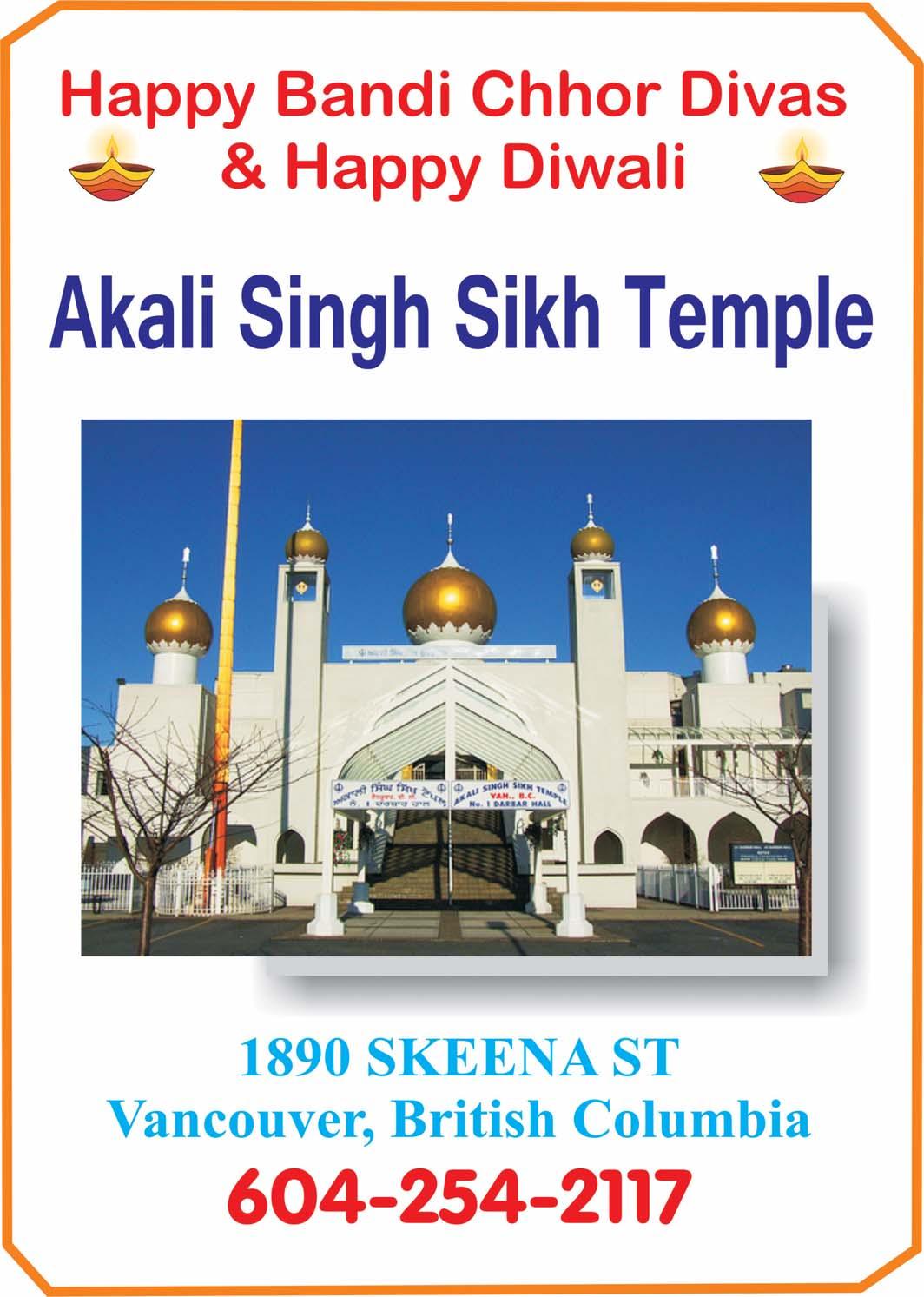



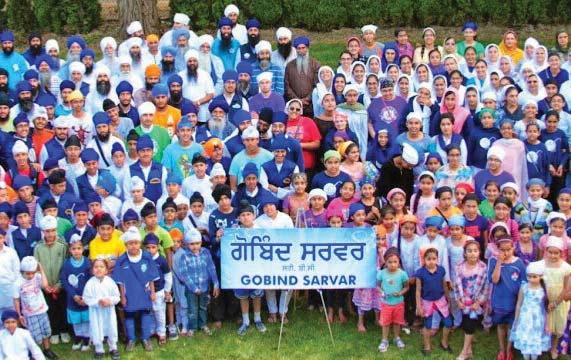





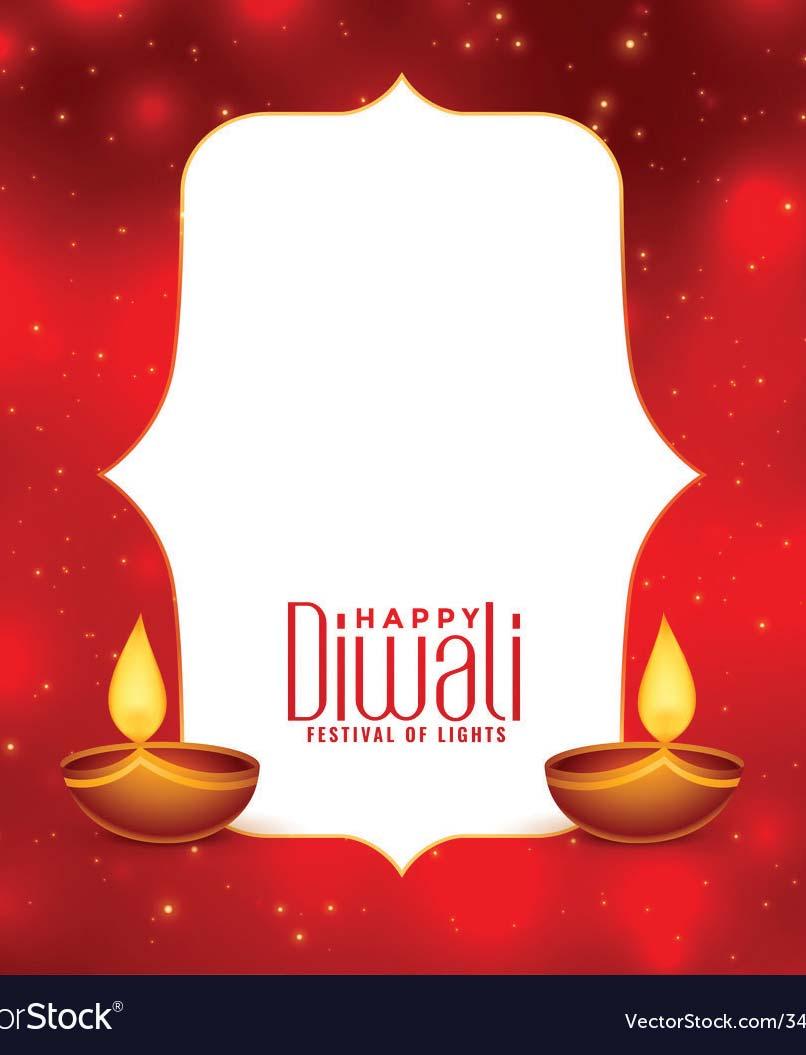





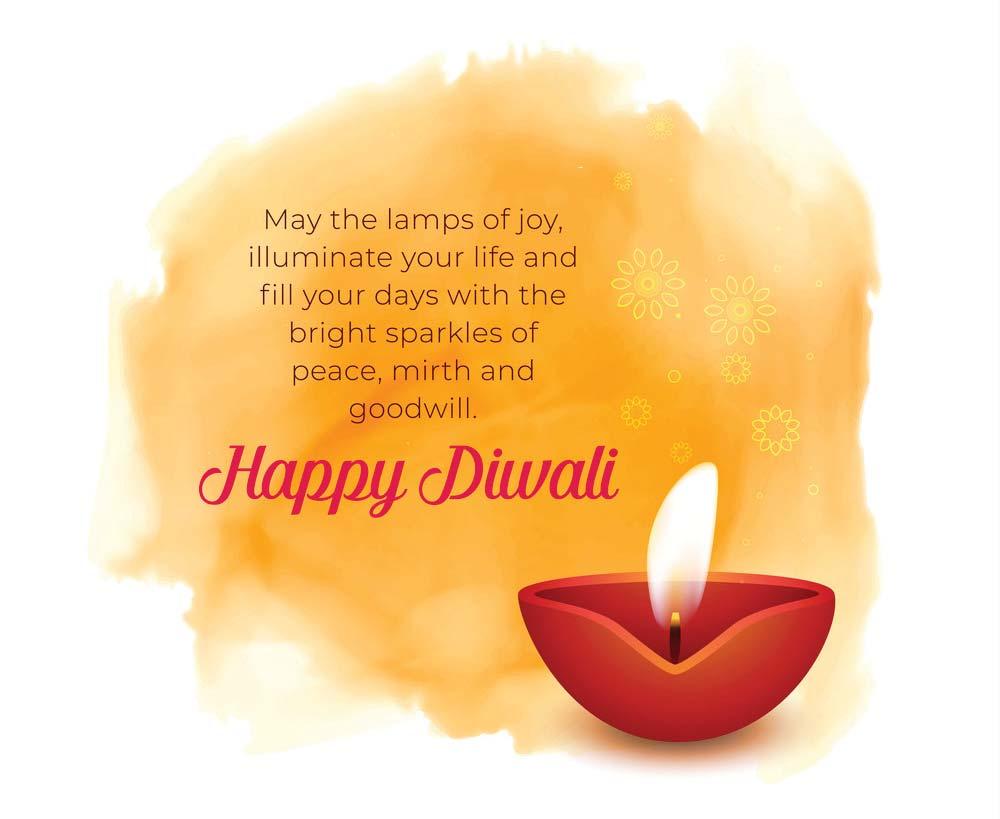


CHRISTINA, PATIENT
JENNIFER JENNIFER , PATIENT, PATIENT
BASU, PATIENT





SOWMYA PARAS








































































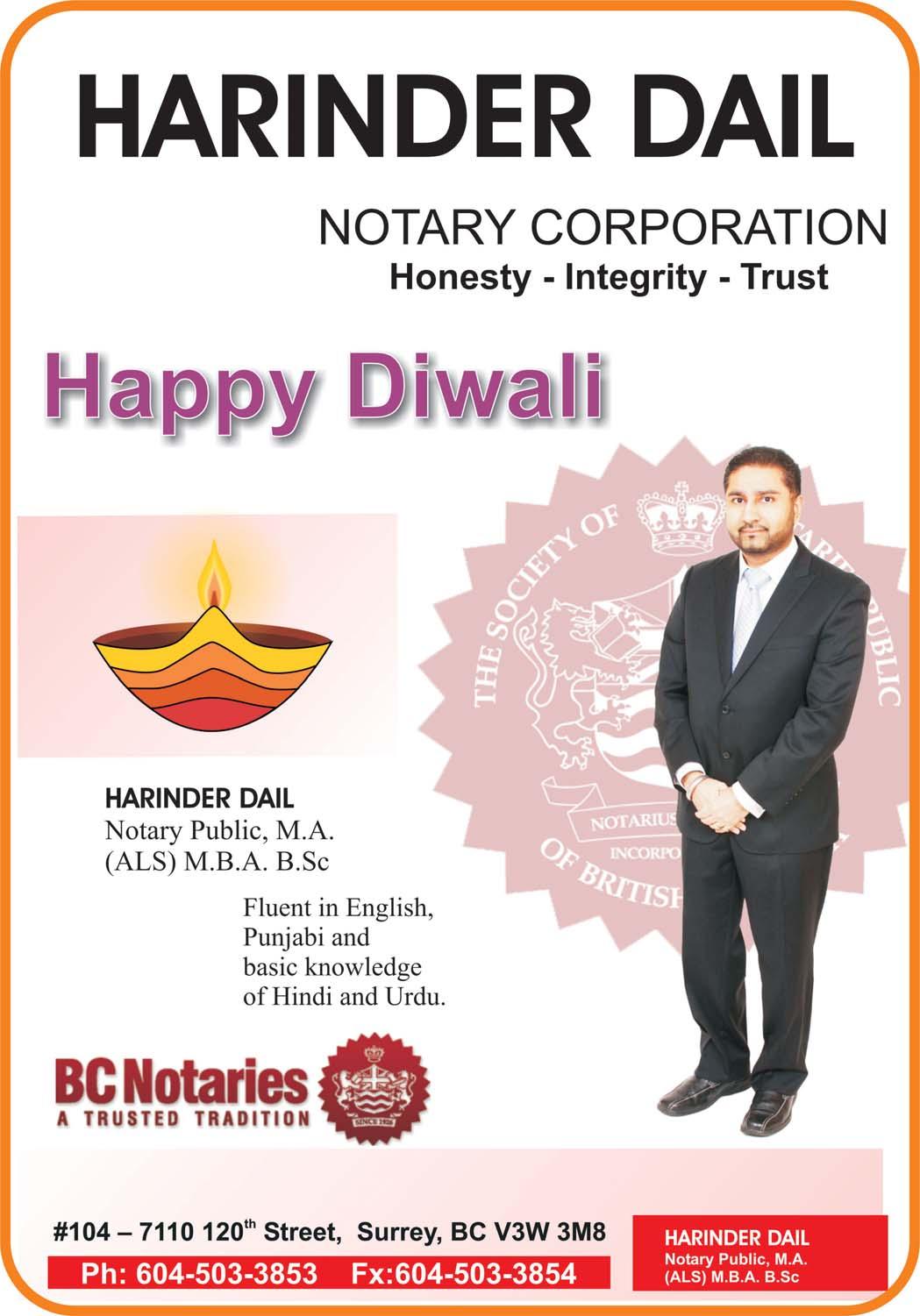




Diwali




Wishing everyone
Happy Diwali

Harmony Within Reach

1-2-3


Surrey


Discover your life’s tempo at PIANO by Concord Pacific.

Located in the heart of Surrey, PIANO is where community, culture, and wellness exist in perfect harmony.



PIANO’s two new high-rise towers with 1-,2-, 3bedrooms and townhomes keeps you on beat. Defined by striking accentuated curves and smooth lines, reminiscent of a grand piano, this development is Surrey City Centre’s most modern addition. Utilizing its meticulously-landscaped, free-flowing terraces, PIANO creates inviting green spaces and outdoor amenities with scenic views in every direction. While a multitude of indoor amenity options are carefully curated for all of life’s tempos.




















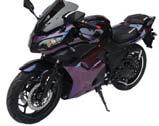

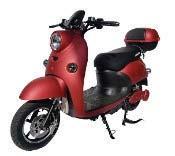




Diwali



















